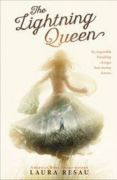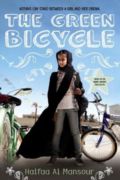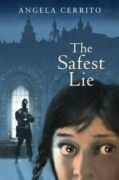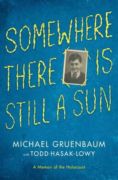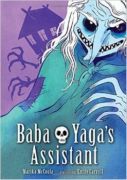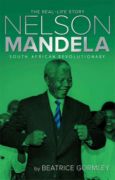
In the peaceful realm of Tequende, all second-born children at the age of fifteen must journey to the Alcazar to fulfill the mandate of the Oath of Guilds. While training to join the ranks of the Queen’s legendary army, the Second Guard, fifteen-year-old Talimendra and her new friends Zarif and Chey discover a conspiracy that could bring down the entire Tequendian Empire.

